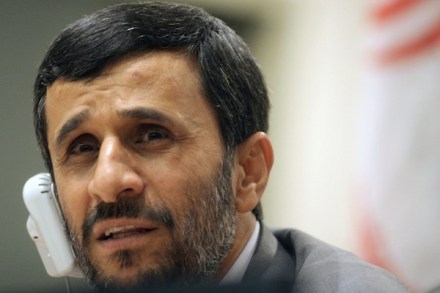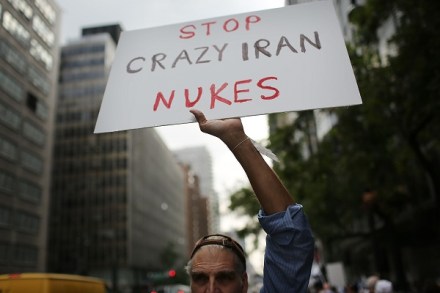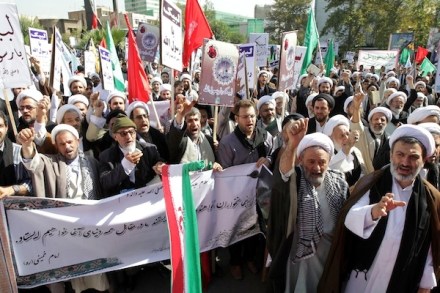Peter Oborne should stop apologising for Mahmoud Ahmadinejad
There was an extraordinary meeting of the Juche Ideas Study Group (England) in London last week, held to commemorate the 81st anniversary of the foundation of the Korean People’s Army. For various domestic reasons I was unable to be present, but I think it went off quite well. Sandwiches, tea and coffee were served after the various speeches. Juche is the political ideology of North Korea, emphasising a steely self-reliance in the face of Yankee and Jap imperialist aggression. The meeting was taken by a chap called Dermot Hudson, who may or may not have recited the poem he wrote a while back about Kim Il Sung, the founder of


















